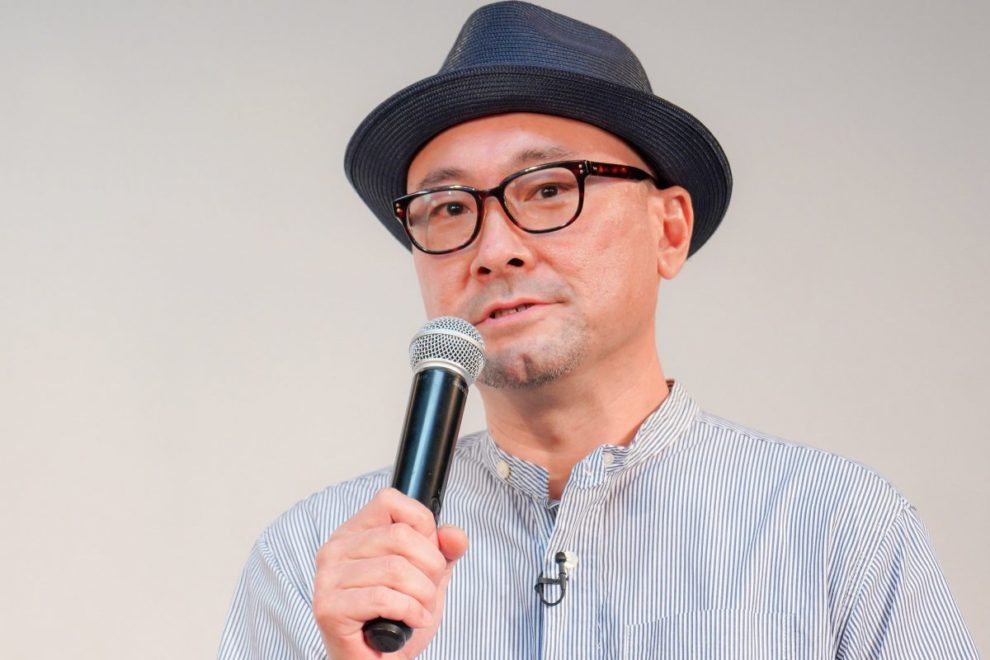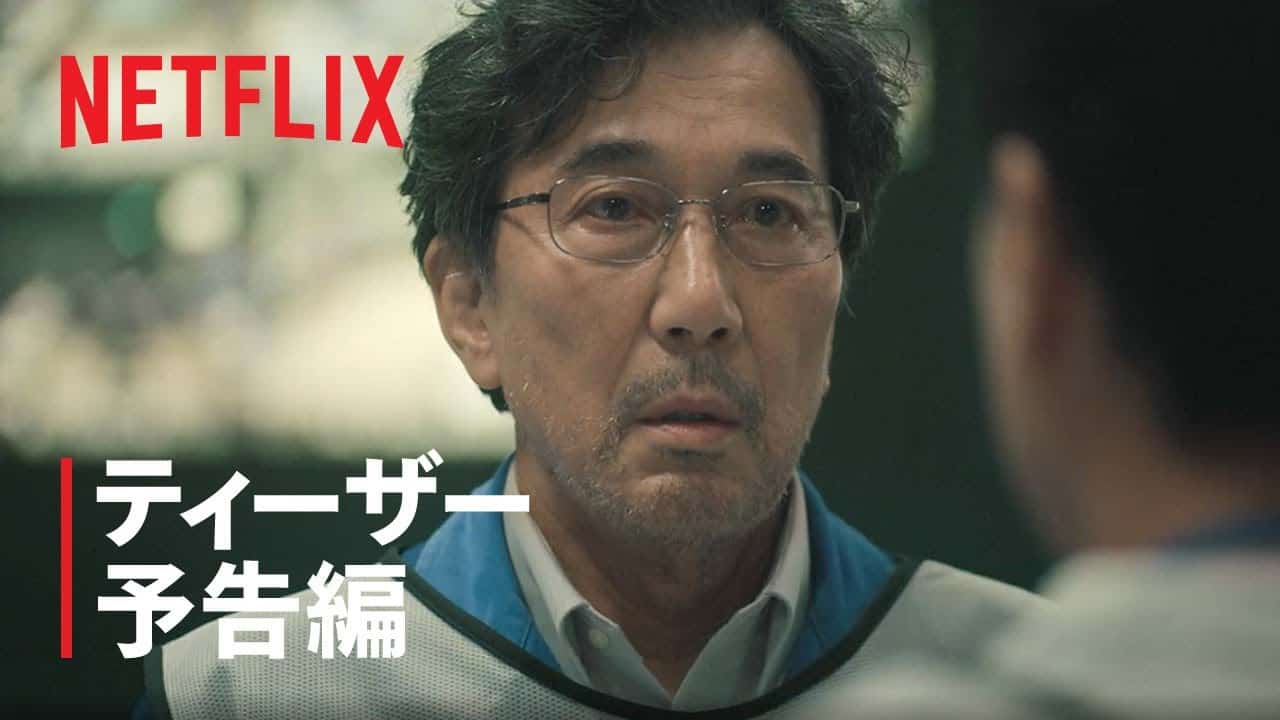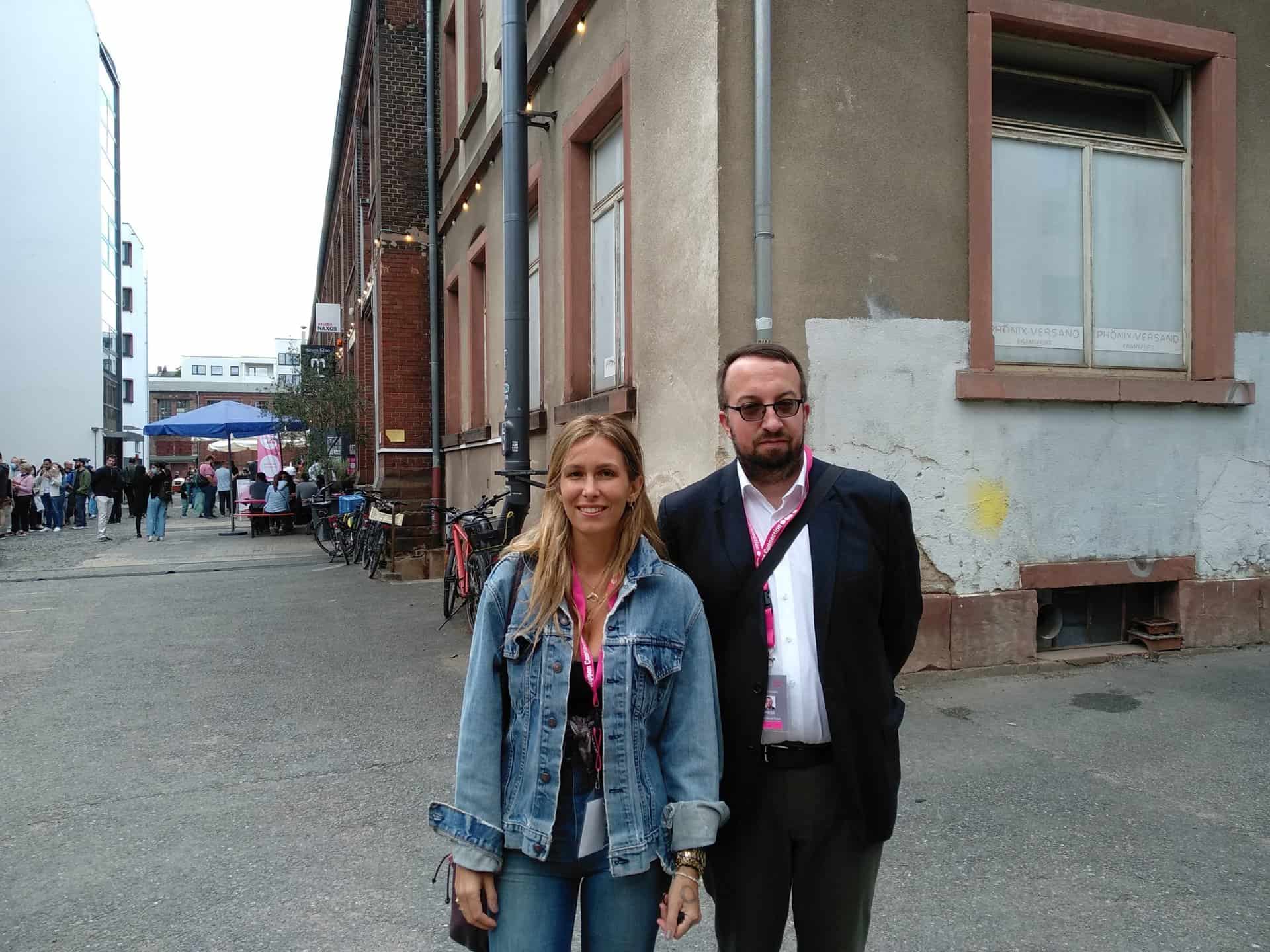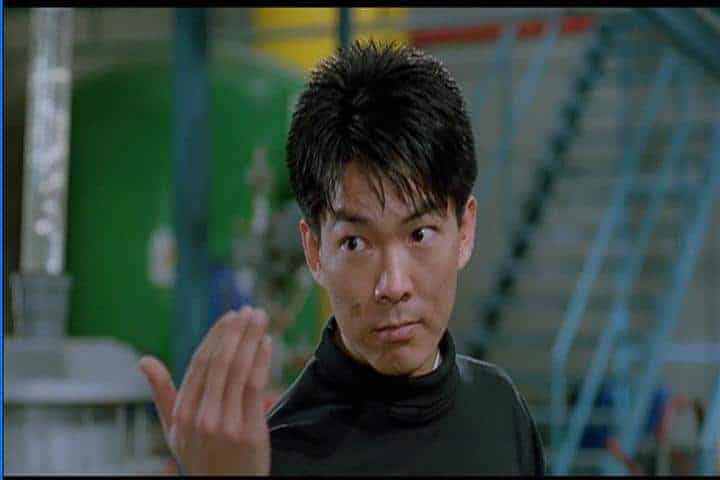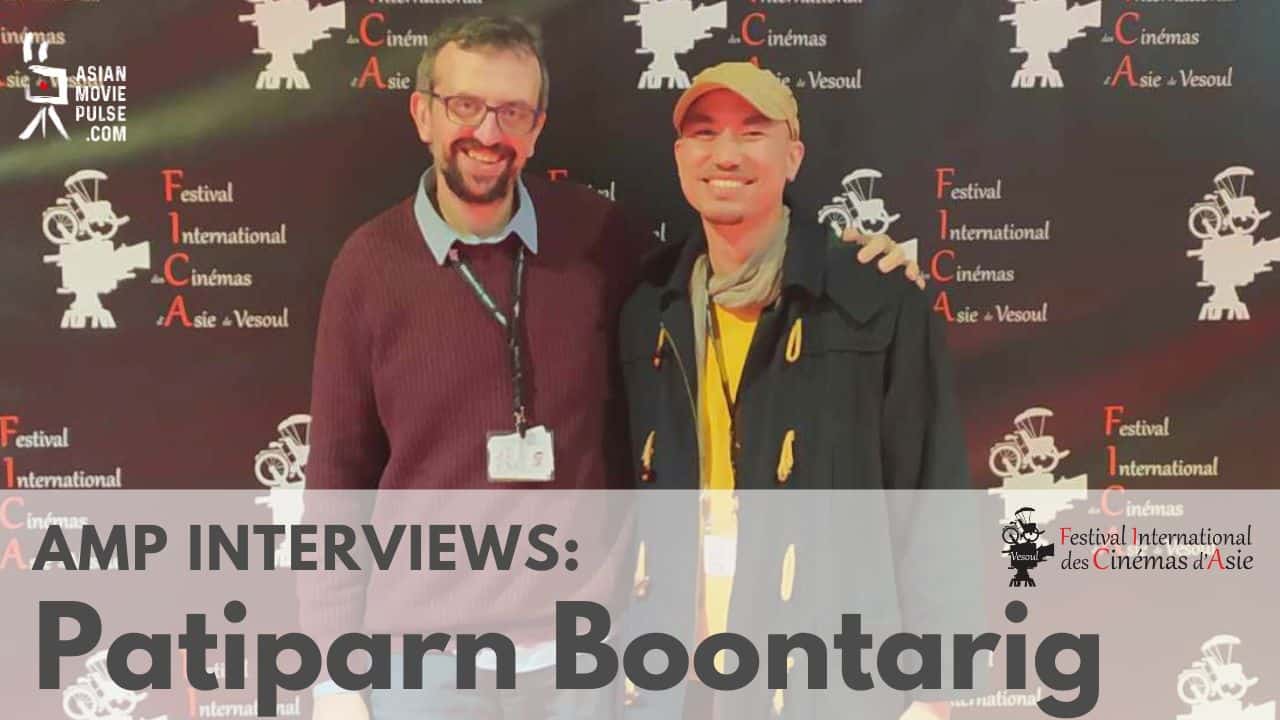Translation by Lukasz Mankowski
Eiji Uchida was born in Rio de Janeiro, Brazil, in 1971, and returned to Japan at the age of 10. Uchida worked as a journalist for Playboy magazine, assistant director in TV under Takeshi Kitano, and scriptwriter and director for TV series, before he moved on and became a director for Japanese indie films. His most renowned works include “Greatful Dead”, “Lowlife Love”, “Love and Other Cults”, while he was also involved in the direction of the recent Netflix hit, “The Naked Director”. “Midnight Swan” which screened in 2020, won Japanese Academy Awards for Best Film and Best Actor.
On the occasion of “Midnight Swan” screening at Toronto Japanese Film Festival, we speak with him about the Japanese Academy awards, the story behind the movie, ballet and transgender people, parenting, and other topics.

“Midnight Swan” won Japanese Academy awards for Best Film and Best Actor. How do you think this accomplishment will shape your career?
The way I work, in general, is that I devote myself entirely to make the film happen: developing the idea on my own, sketching the outline, writing the script. It's been like this for a while now, so I think that receiving an award might not change anything at all. I think things will stay the way they are.
What was the inspiration behind the story of “Midnight Swan”? How did you come up with the characters of Nagisa and Ichika?
The main inspiration were the transgender people I know. They're all amazing people, with lots of fun energy that I wanted to include in my film. At the time I thought I wanted to make a film about the transgender community, I was also developing the story of a girl who picks up ballet. I realized blending these two themes might mesh well, so that's why I came up with a quasi-parential episode for the film.
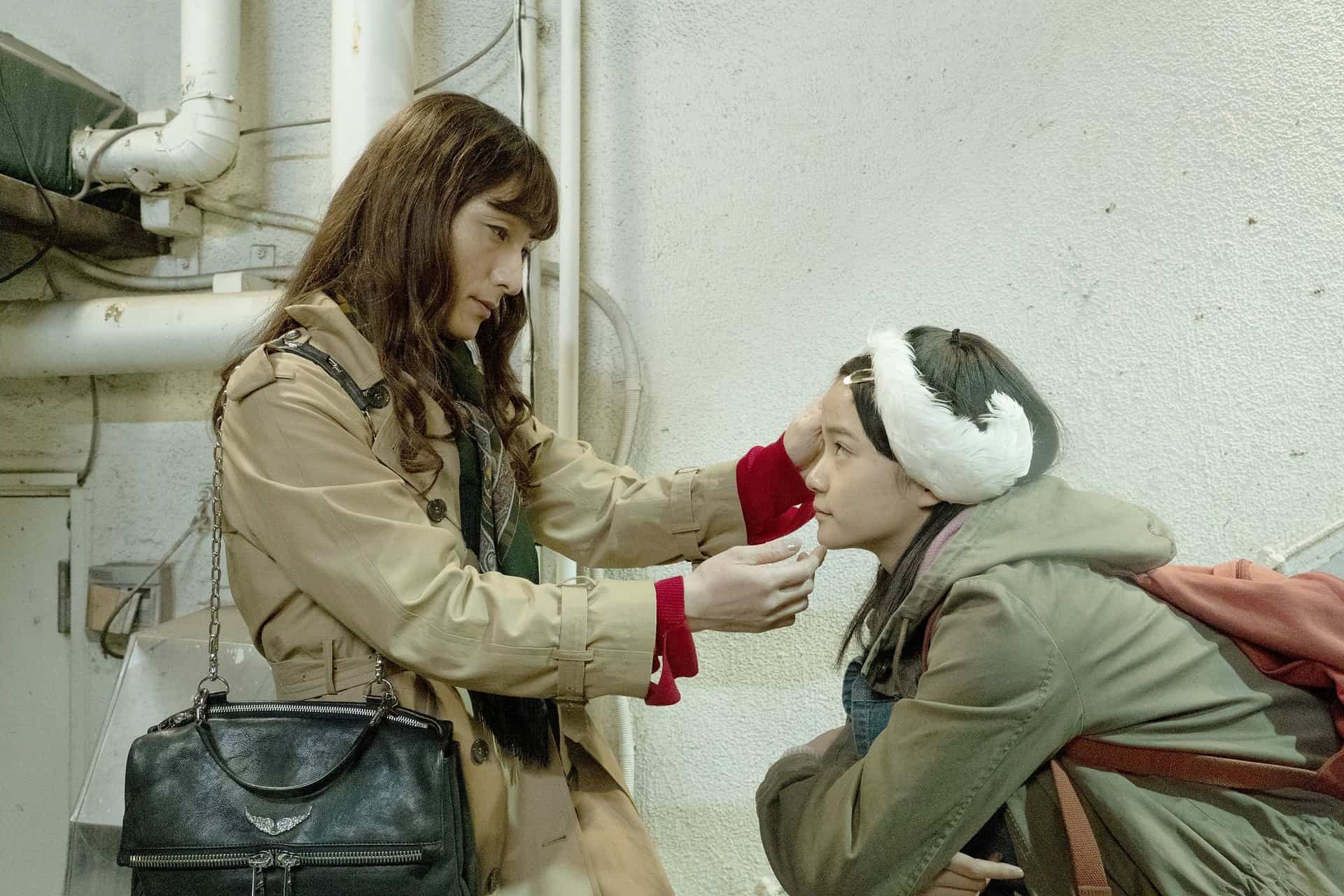
How is life for transgender people in Japan in general?
Before the development of laws for LGBT+ community, our awareness was very low, compared to other countries. I think it translates to the fact that transgender people in Japan face everyday struggles on a regular basis.
Why did you decide to include the concept of ballet in the movie? How did you shoot the ballet scenes, and what kind of research did you do for the concept?
In the past, there used to be a time when I would go to see lots of ballet shows. Ballet is a European culture but the shows I saw were performed by Asian artists and I was utterly captivated by their ballet. I was utterly captivated by their charm. From that moment on, I've been thinking for a long time how I can incorporate the ballet motif into my work. I've done a lot of research about ballet in general, collecting material from various ballet schools. But what overwhelmed me the most was the spirit of the ballet students, especially the young ones, already devoted their lives to their careers, even though they weren't even 15 years old. As for the shooting, we didn't we didn't use a stand-in, and we opted for as many long takes as possible..
Ichika's teacher is very supportive on a number of levels, but she never opts out from receiving a payment from her, despite the fact that she knows her financial issues. Why is that?
The teacher, Mika, is also someone who had big dreams about dancing ballet when she was in her adolescent years. It isn't depicted in the film, but it's like she runs the ballet studio while working part-time on a side in a different place. Once she bonds with Ichika, it's not the money that becomes important, but the spiritual connection they establish. If Ichika wouldn't be able to pay, it wouldn't influence their bonding in any way.
The story focuses on the concept of parenting, particularly on the issues children face due to bad parenting, and subsequently the whole concept of which people should/could become parents. What is your opinion on the subject?
I think that the matter of environment in which the children are connected with their parents shouldn't really determine the trajectory of one's life; that children should be able to fulfill their dreams and follow their path of happiness, no matter what. I think it's vital, no matter what kind of environment they exist in.
How was your cooperation with Tsuyoshi Kusanagi and Misaki Hattori? In general, what was the casting process for the film like?
Hattori-san is a ballet dancer with no prior experience in acting, but her audition left a mark on me so I wanted to have her in the film almost immediately. Kusanagi-san is the type of actor who absorbs his roles, so he decided to act in the film in the moment when he read the script.
Are you working on anything new at the moment?
We have an official premiere of ‘Offbeat Cops' in August in Japan, and after that we plan to go abroad to the USA and other countries for festival premieres.


